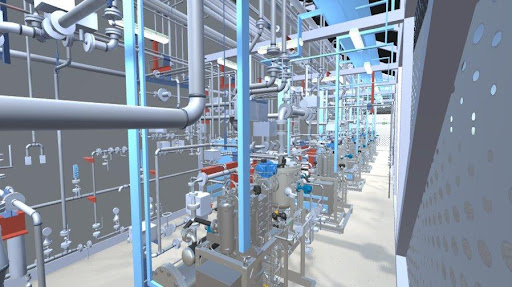Industrial Biotechnology
Industrial Biotechnology
Scotland has an emerging international reputation in Industrial Biotechnology (IB) reflecting the cooperation and leadership coming from industry and Government. Scotland’s main strengths lie in our research excellence and highly skilled workforce. We have an abundance of sustainable raw materials and IB plays a key role in the future of sustainable manufacturing in Scotland utilisng these raw materials to reduce Scotland’s dependency on fossil fuel resources.
Scotland has over 110 companies with industrial biotechnology at the core of their business strategy, including prominent global companies such as GSK and Ingenza, but hosts many other companies utilising IB concepts such as Diageo, Unilever and Ineos.
Reflecting the abundance and diversity of feedstocks available, Scotland is now home to an increasing number of startup and established SMEs having award winning impacts across Europe, including Cellucomp and Celtic Renewables.
Scotland is the ideal partner for Industrial biotechnology activity with access to fantastic facilities and academic expertise. Access to Scotland’s academic research is coordinated by the Industrial Biotechnology Innovation Centre (IBioIC). Many of Scotland’s universities have world class skills in research areas including feedstock manipulation, systems and synthetic biology, biocatalysis, and applied research in areas directly relevant to the exploitation of IB, such as bioprocessing, biofuels, and waste management and upgrading. These institutes also have core competencies in many organisms used in IB, including algae, yeasts, filamentous fungi, and bacteria. IBioIC has launched MSc and PhD IB training programmes between 2013 and 2015 and have awarded over 90 MScs and over 50 PhDs to date..
Industrial Biotechnology – key facts
- Industrial Biotechnology has strong industry leadership in Scotland through the Scottish IB Development Group, and supported by both Chemical Sciences Scotland and Life Sciences Scotland Industry Leadership Groups, and the Energy Advisory Board.
- Scotland has strengths in natural resources and feedstocks. Our compact geography provides a centralised concentration of population and industry, and our abundant natural resources provide a range of feedstocks for biorefining.
- Heriot-Watt University and Strathclyde University host two IBioIC open access equipment centres offering test and demo support to industry, respectively the Flexible Downstream BioProcessing Facility and the Rapid BioProcess Prototyping Facility. A 3rd centre is under development to be based in Oban on Marine Bioprocessing, led by HIE.
- Scotland has a wealth of talent in synthetic biology with the highest density of synthetic biology researchers in the UK outside London.
- Scotland has a range of prime investment opportunities at serviced sites, proximity to a range of feedstocks (forestry, wastes and marine macroalgae), established distribution logistics, ease of access to customers.
- The Biorefinery Roadmap for Scotland – Building a Sustainable Future highlights that there are over 27 million tonnes of bioresources produced in Scotland every year with the potential to be utilised to produce a wide range of high value products.


